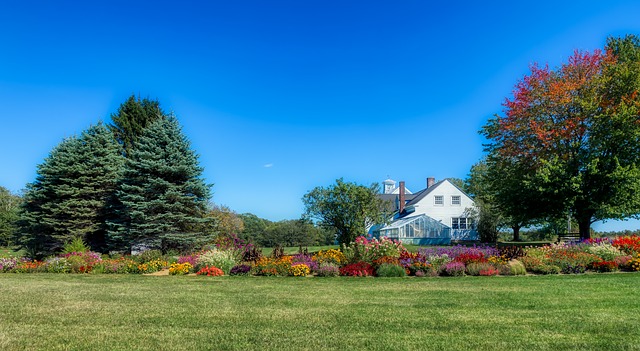Introduction
When it comes to choosing the best garage floor coating, there are several factors to consider. The right coating can protect your garage floor from stains, chemicals, and wear and tear, while also providing a durable and attractive finish. In this article, we will explore different types of garage floor coatings and discuss their advantages and disadvantages, helping you make an informed decision for your garage.
Epoxy Coatings
Materials used: Epoxy coatings are made from a combination of epoxy resin and a hardening agent. This creates a strong and durable surface that can withstand heavy traffic and resist chemicals and stains.
Advantages: Epoxy coatings are known for their durability and longevity. They can be applied to both new and old garage floors, providing a seamless and easy-to-clean surface. Epoxy coatings are available in a variety of colors and finishes, allowing you to customize the look of your garage.
Disadvantages: Epoxy coatings can be more expensive than other options, especially if you choose a high-quality product. They also require proper surface preparation and may require multiple coats for optimal results. Additionally, epoxy coatings can be slippery when wet, so it’s important to consider this if you live in an area with frequent moisture.
Polyurea Coatings
Materials used: Polyurea coatings are a type of synthetic polymer that provides a flexible and durable finish for garage floors. They are typically applied in multiple layers to create a thick and protective coating.
Advantages: Polyurea coatings are known for their fast curing time, allowing you to use your garage soon after application. They are highly resistant to chemicals, stains, and abrasions, making them a great choice for high-traffic areas. Polyurea coatings also have excellent adhesion to concrete, ensuring long-lasting performance.
Disadvantages: Polyurea coatings can be more expensive than other options, similar to epoxy coatings. They also require professional installation, as the application process can be more complex. Additionally, polyurea coatings may not be as customizable in terms of colors and finishes compared to epoxy coatings.
Concrete Stains
Materials used: Concrete stains penetrate the surface of the concrete, creating a permanent color that enhances the natural beauty of the floor. They are available in both acid-based and water-based formulations.
Advantages: Concrete stains offer a unique and decorative finish for garage floors. They can create a variety of effects, such as mottled or marbled patterns, giving your garage a distinct look. Concrete stains are also relatively affordable and easy to apply, making them a popular option for DIY enthusiasts.
Disadvantages: Concrete stains may not provide the same level of protection as epoxy or polyurea coatings. They can be more susceptible to wear and tear, especially in high-traffic areas. Additionally, the final appearance of the stained floor can be influenced by the condition and age of the concrete, making it more challenging to achieve consistent results.
Conclusion
Choosing the best garage floor coating depends on your specific needs and preferences. Epoxy coatings offer durability and customization options, but they can be more expensive and require proper surface preparation. Polyurea coatings provide fast curing and excellent chemical resistance, but they may be more costly and require professional installation. Concrete stains offer a decorative finish at a lower cost, but they may not provide the same level of protection. Consider your budget, desired appearance, and the level of traffic your garage experiences when making your decision.
References
– Garage Flooring LLC: garageflooringllc.com
– The Concrete Network: concretenetwork.com
– ArmorPoxy: armorpoxy.com













